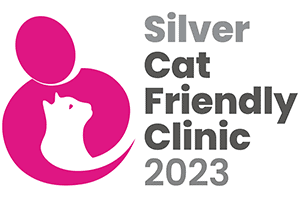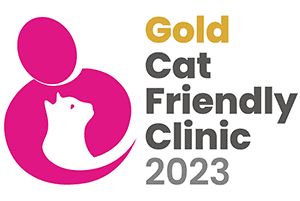As part of Veterinary Nurse Awareness Month (VNAM) we asked our Group Nursing Manager Anne to tell us more about her role here at Cromwell Vets.
Q: How long have you been a veterinary nurse?
A: I started my SVN training in 1996 and qualified in 1999. I did take 11 years out of the profession and worked in Forensics from 2001 till 2012, before returning to Cromwell. I have only ever worked at Cromwell Vets as it is just a great practice.
Q: What is the most rewarding thing about this career choice?
A: The role itself is so varied; it’s is a great career opportunity and every day I am helping pets and their owners.
Q: What’s the best thing about working at Cromwell Vets?
A: We are one big family and all have the same goal; ensuring high quality care for every pet and their owner.
Q: What does an average day involve for a veterinary nurse at your practice? What type of treatments and care does this include?
A: Due to Cromwell’s size and the type of practice we are, each day nurses are assigned an area to work in – this could be in Lab, running blood and urine samples; in theatre assisting the veterinary surgeon; in the ward looking after the pets who are with us for routine operations or because they’re poorly; or completing nurse clinics, delivering services like nail clips, or post op checks.
Q: How has your role progressed within the practice/with Linnaeus?
A: When I first came back to practice I started off as a mixed day and night nurse, working one week of nights and then one week of days. Then when an opportunity arose I was able to pursue a nurse leadership role, which enables me to use the management skills I gained during my time working in Forensics. I am now part of the Senior Management team.
Q: How has your role changed during the pandemic?
A: This last year has been exceptional. We have had to change the shifts and patterns we all worked; wearing more PPE than ever before. We’ve adjusted to new ways of carrying out consultations which has resulted in losing the client interaction we love, and we’ve especially missed being able just to say hello to everyone and stroke the pets coming in to see us. A huge part of being a vet nurse is caring and compassion, so it’s difficult having to socially distance and not be able to have a chat. During the height of the pandemic we were only able to see the really poorly pets and this certainly impacted on our emotions.
Q: What single most important thing has helped you through these challenging times?
A: Knowing the importance of being there for pets and their owners. That’s what it’s all about.




